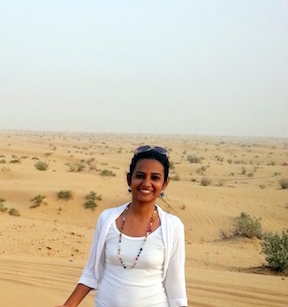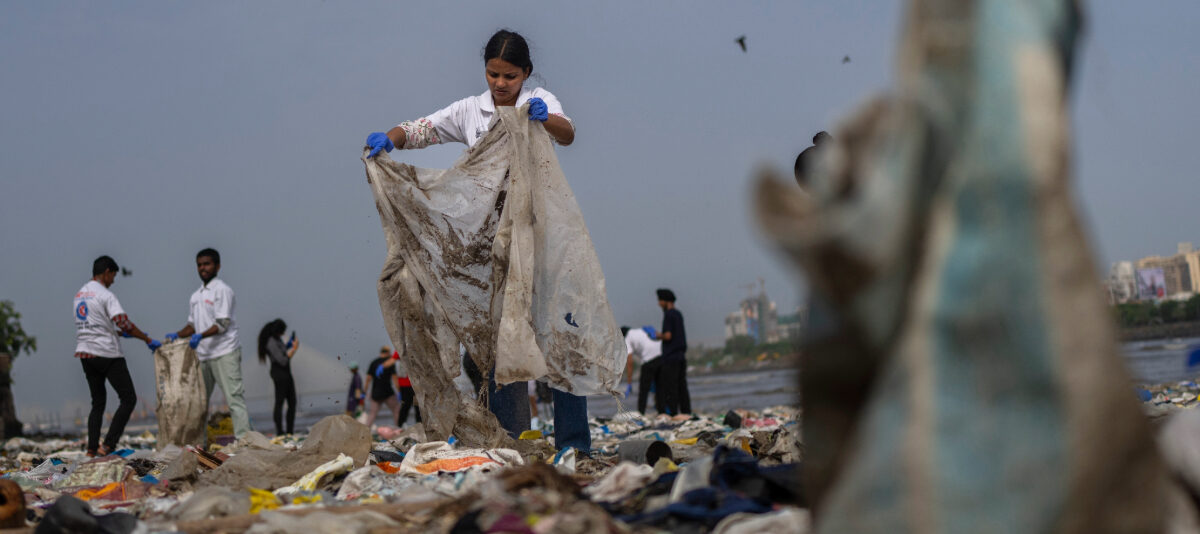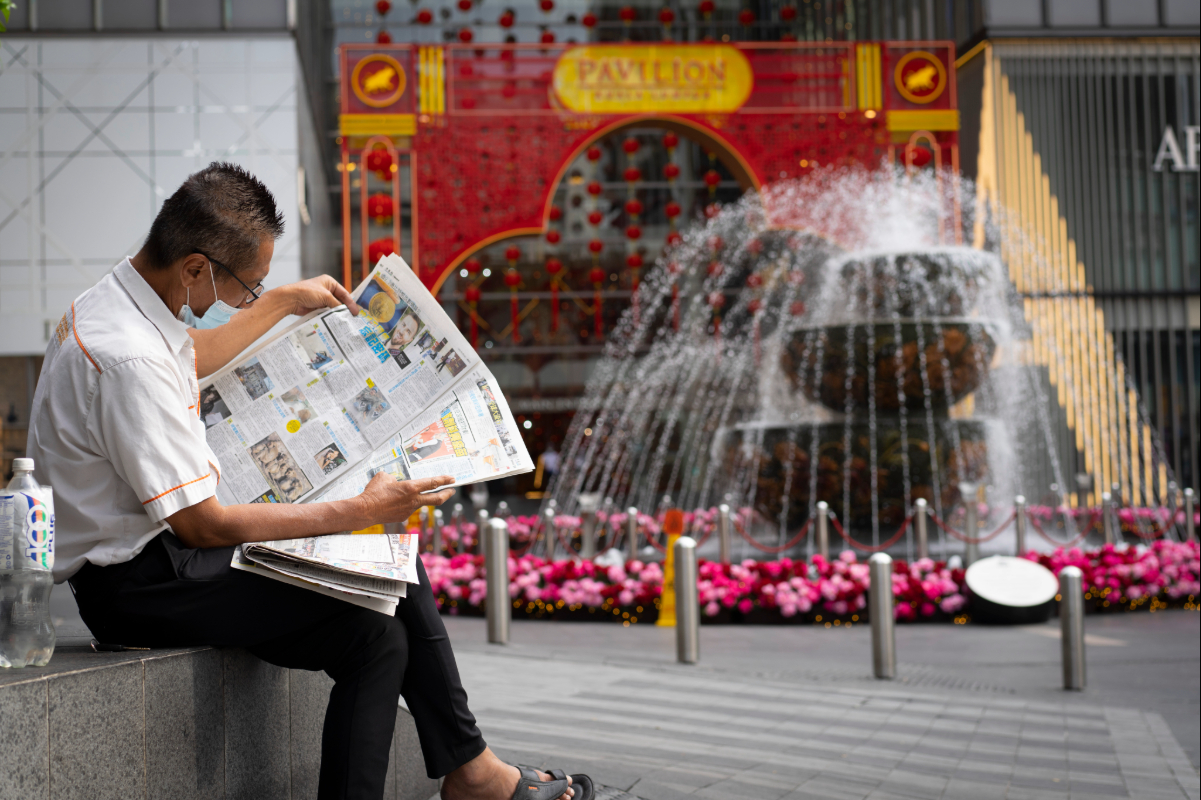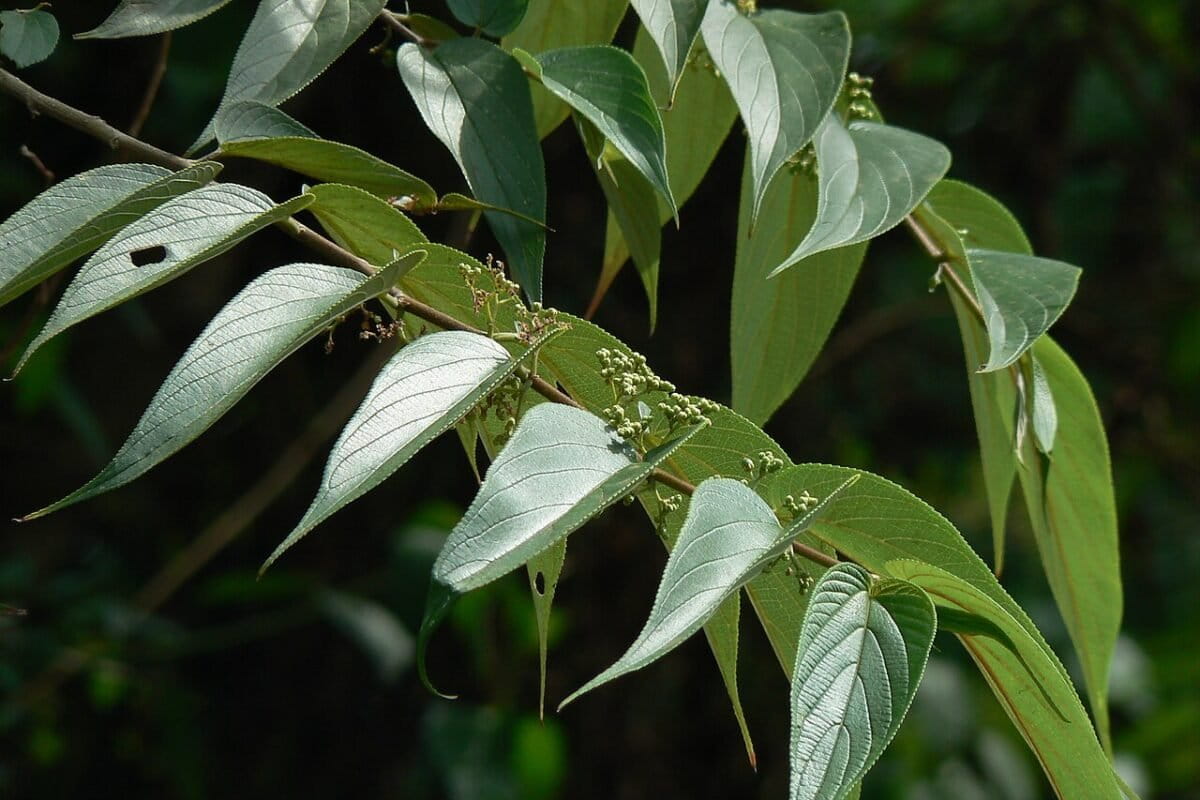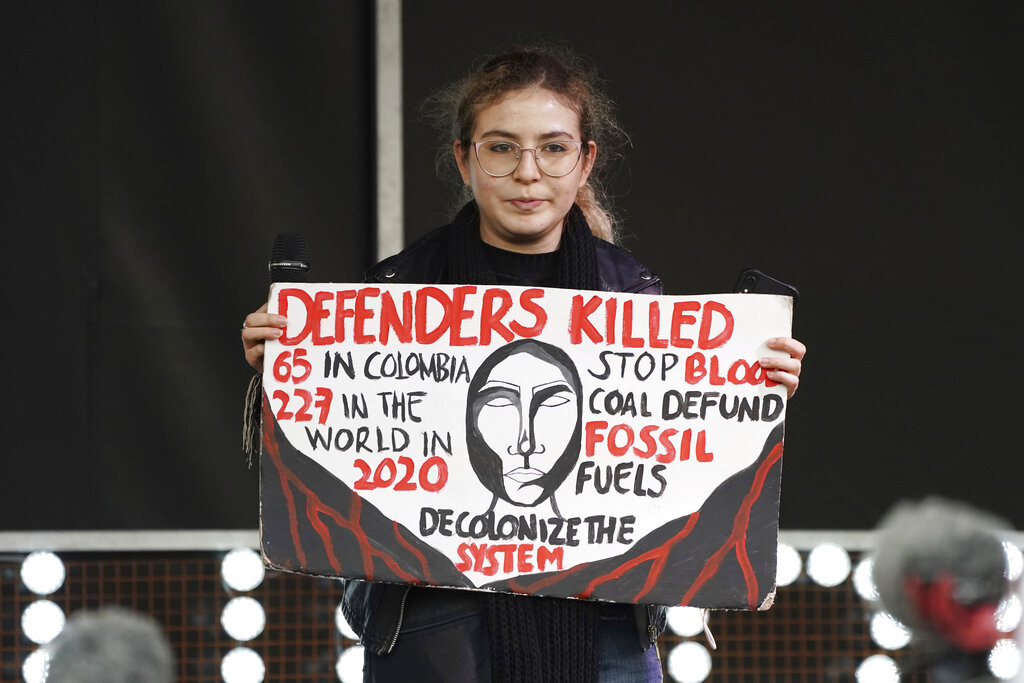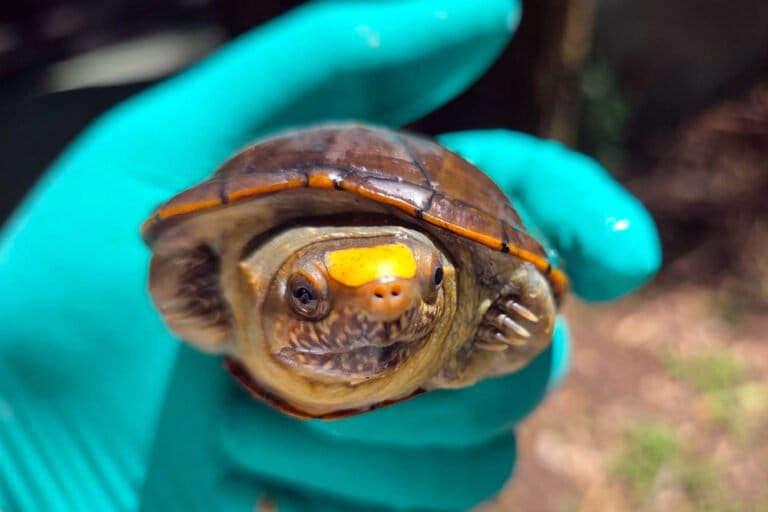The European Union has pledged 545 million euros ($636 million) for projects focused on modernizing power grids, increasing access to renewable energy, and supporting clean energy projects in nine African countries.
“The choices Africa makes today are shaping the future of the entire world,” European Commission President Ursula von der Leyen said at the announcement of the funding at the Global Citizen Festival, held alongside the U.N. General Assembly, on Sept. 27 in New York. “A clean energy transition on the continent will create jobs, stability, growth, and the delivery of our global climate goals.”
Some funding is already committed under the EU’s Global Gateway plan, which has a budget of 300 billion euros ($350 billion) for financing infrastructure projects worldwide.
Of the total funding announced, 359.4 million euros ($419 million) will go to Côte d’Ivoire for its Dorsale Est project to increase the nation’s high-voltage transmission capacity, enabling it to export more electricity efficiently to neighboring countries like Ghana, Togo, Burkina Faso and Mali.
Cameroon will receive 59.1 million euros ($69 million) for rural electrification, while Somalia will get 45.5 million euros ($53 million) to improve access to affordable renewable energy. Madagascar will receive 33.2 million euros ($39 million) to support the installation of mini grids in rural areas. Lesotho will get 25.9 million euros ($30 million) to develop wind and hydropower. Mozambique will receive financing of 13 million euros ($15 million) for its energy transition, with smaller investments targeted at the Republic of Congo (3.5 million euros; $4 million) and Ghana (2 million euros; $2.3 million).
As part of its funding, the EU is also investing in a project in Central Africa aimed at connecting their power grids in the region.
Across Africa, an estimated 600 million people lack access to electricity. Home to about a fifth of the global population, the continent accounts for only around 3% of worldwide electricity demand.
Africa will require investments of more than $200 billion annually to meet its energy and climate objectives by 2030, according to the International Energy Agency. Clean energy sources currently meet about 40% of electricity demand globally, but in Africa the share is closer to 25%.
High debt burdens and lack of access to affordable finance have made it difficult for African governments to fund capital-intensive clean energy projects.
Some African leaders say African countries should exploit all resources at their disposal, including fossil fuels, to meet rising energy demand. At the recently concluded Africa Energy Week held in South Africa, Ghana’s energy minister, John Abdulai Jinapor, said “a just transition cannot be a rigid blueprint drafted in Brussels, Washington, or Beijing and handed to us as a mandate.”
“Our approach is not to choose between fossil fuels and renewables but to strategically integrate both to power growth, jobs, and resilience,” he added.
Banner image: Solar panels installed in a forested area in Gabon. Image by Rhett A. Butler/Mongabay.


